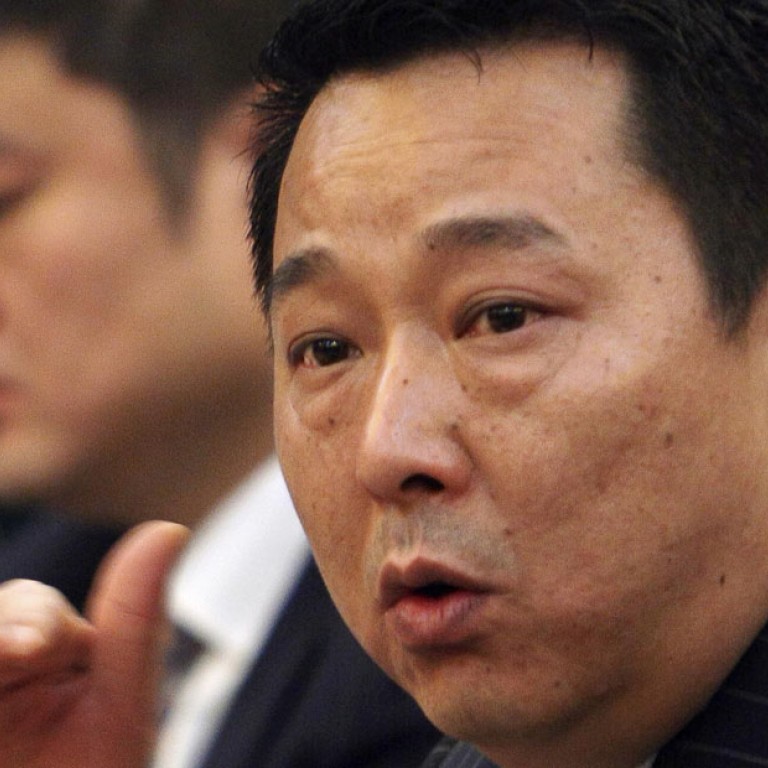
Rule of law key to tackling corruption in China
Systemic corruption and looting of the wealth from China's economic growth has fostered inequality that does nothing for social and economic stability.
Systemic corruption and looting of the wealth from China's economic growth has fostered inequality that does nothing for social and economic stability. If the rule of law is ever to prevail against such abuse of power, the trial of Sichuan mining tycoon and mafia boss Liu Han shows that China still has a long way to go. One thing that sets this case apart, as well as the death sentences for Liu and his brother Liu Wei, is the consensus that it is a prelude to the prosecution of former domestic security tsar and Politburo Standing Committee member Zhou Yongkang , which would be China's biggest corruption trial.
A court in Xianning found Liu guilty of 13 charges including murder, running casinos and illegally selling firearms, and handed down sentences ranging from three years' in jail to execution to more than 30 other defendants. Though not mentioned in the indictment, Zhou is linked to Liu in references in case files and transcripts of police interviews to lucrative business dealings between his elder son Zhou Bin and Liu. Zhou Yongkang and Zhou Bin are now both in detention. The younger Zhou is one of the keys to building a case against his father in line with President Xi Jinping's pledge to crack down on both "tigers" and "flies" (top and junior officials) in his campaign against corruption.
If any evidence is needed of the importance the party attached to Liu's trial, it is to be found in the dispatch of more than 150 senior security and propaganda officials from Beijing, Sichuan, Hubei and Guangdong to oversee it. That doesn't say much for judicial independence. Even so, the authorities may be expected to cite Liu's case as evidence of determination to enforce the rule of law. The reality is that even though Liu wove his web of corruption involving senior officials from across the country over 15 years from the late 1990s, only Zhou and his son are under detention. Others include high-ranking current or former officials from Hainan , Yunnan and the Sichuan capital of Chengdu .
In the short term, however, Xi's anti-corruption campaign is a tool of structural reform in that it discourages looting by the elites and self-serving meddling in the economy by officials at the expense of the masses. In the longer term, expansion of government power that breeds corruption can only be contained by institutional checks and balances on political power under the rule of law.

